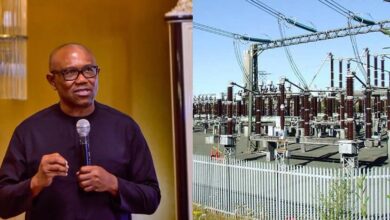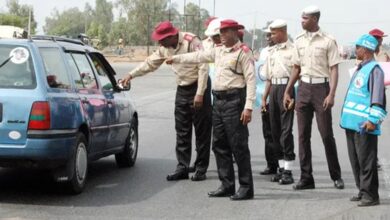Kaduna state government has flagged off the training of 7,000 recruits for the Kaduna Vigilance Service to complement the efforts of other security agencies.
Governor Uba Sani while speaking at the flagoff, said they have been recruited to tackle kidnapping, armed robbery and other related crimes in the state.
According to him, the recruits being trained at the Police College, Kaduna, the state capital were drawn from the 23 local government areas of the state.
The governor said the recruits, after their intensive and vigorous training would complement the efforts of security agencies and rid the state of crimes.
Sani noted that the recruitment became necessary because of the shortfall of regular security agencies in the battle to tackle security challenges across the state.
He said; “The Kaduna Vigilance Service is a complementary security outfit. It will assist the security agencies with actionable intelligence. With its knowledge of the local environment, bandits will have no hiding place.
“The commencement of this training is a major step towards fulfilling our promise to the good people of Kaduna State. In our administration’s blueprint, we committed to strengthening the manpower and “overall operational capacity of KADVS. Since its establishment, KADVS has been working with security agencies to degrade criminal elements.
“But we face the challenge of inadequate personnel to successfully wage the battle against bandits and other criminal elements. It is for this reason that our administration decided to recruit 7,000 personnel into the Kaduna Vigilance Service (KADVS).
“The recruitment and screening of the trainees were the collaborative efforts of our local government chairmen, traditional and religious leaders, key stakeholders at the grassroots level, and security agencies.”
“This award is all about service to humanity generally and the ability to practice what one has learnt in practical terms to affect people’s life positively. What we are doing now is to set up as agricultural technology that would help us to step out of food scarcity and insecurity, improve our income and the economy generally.”









